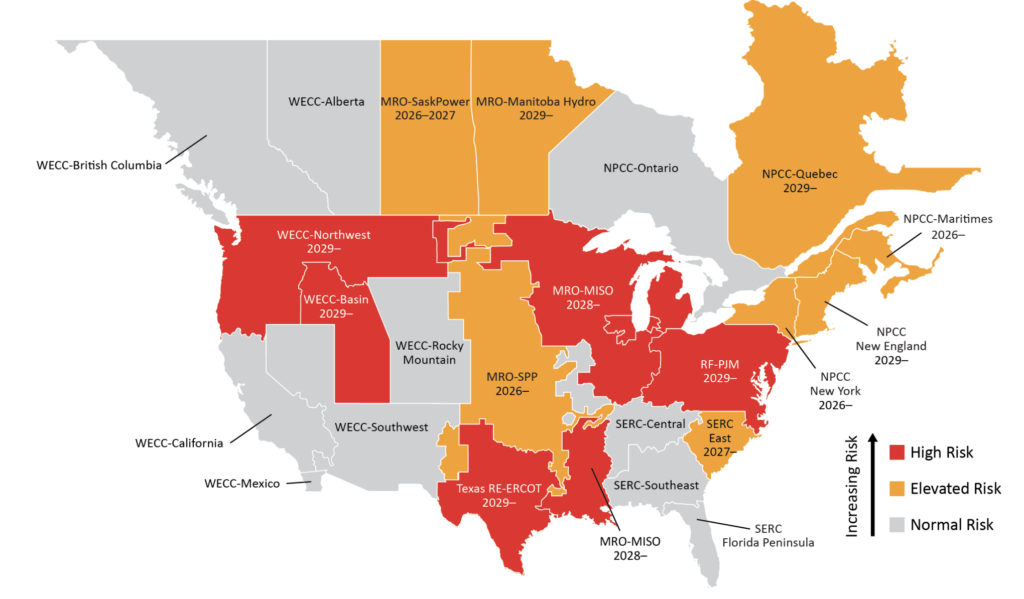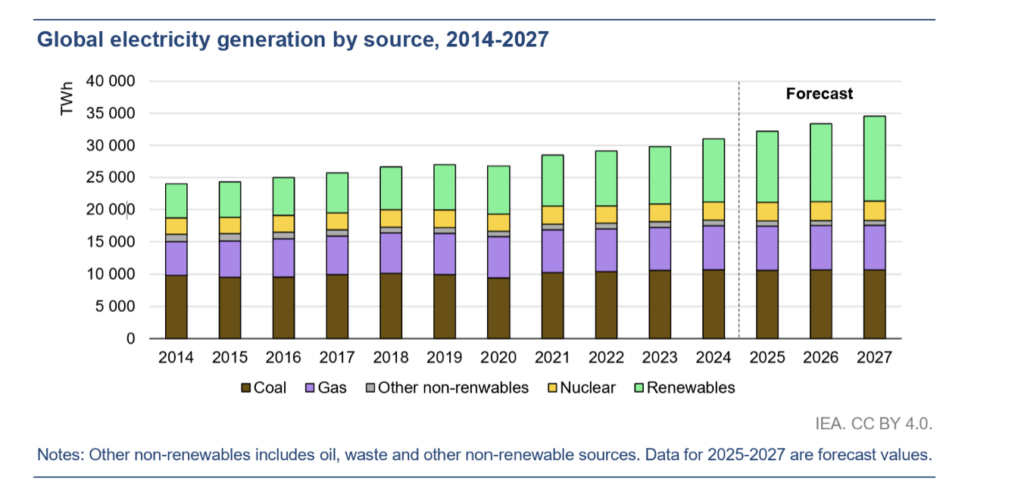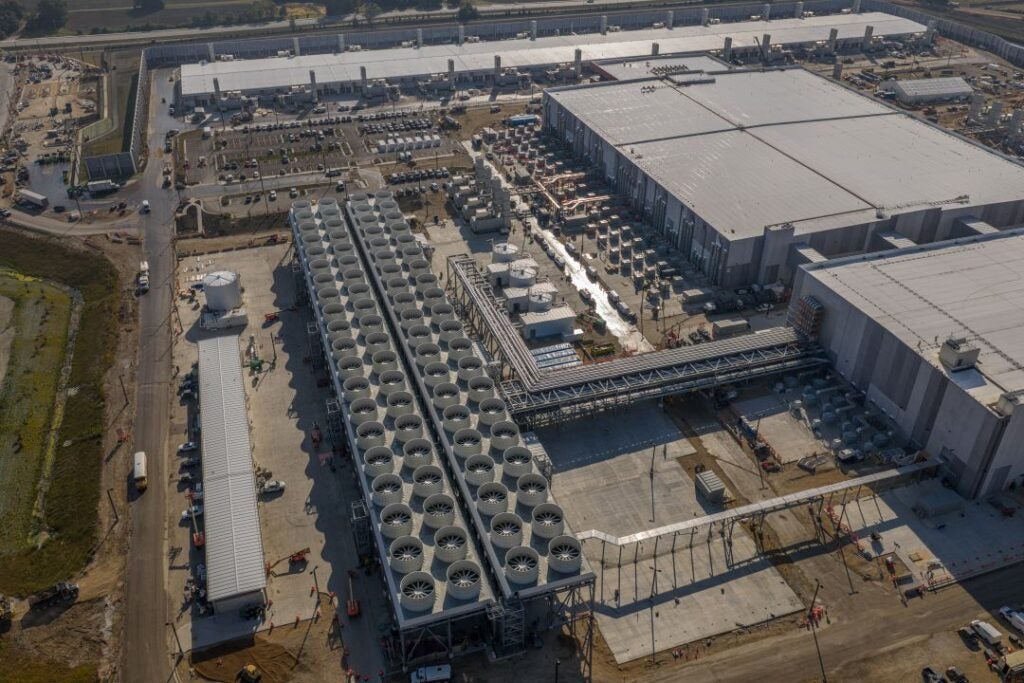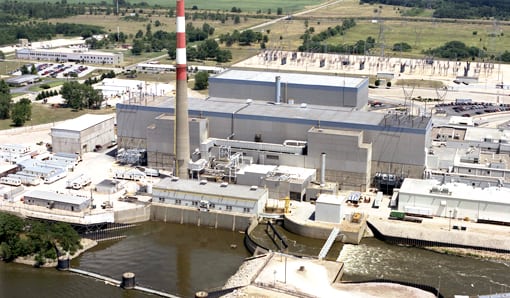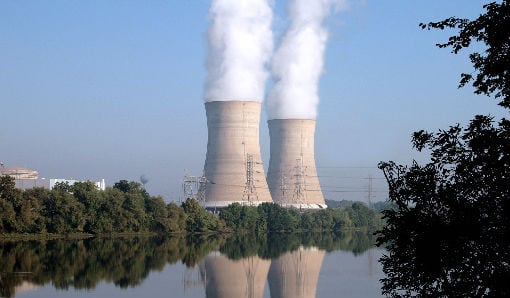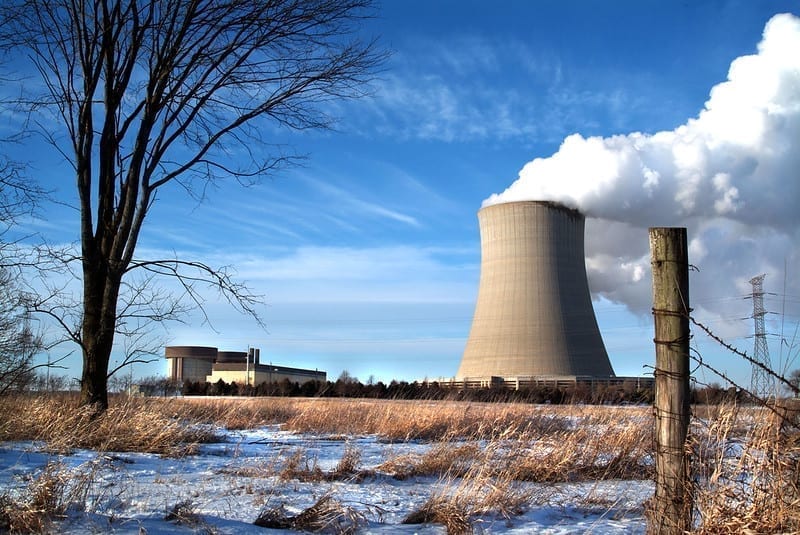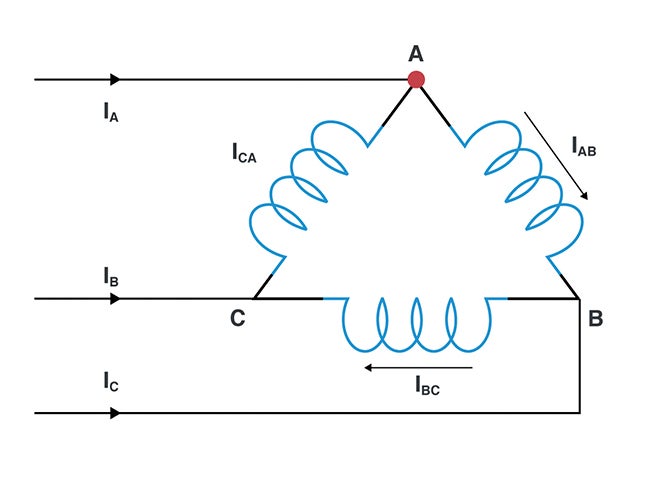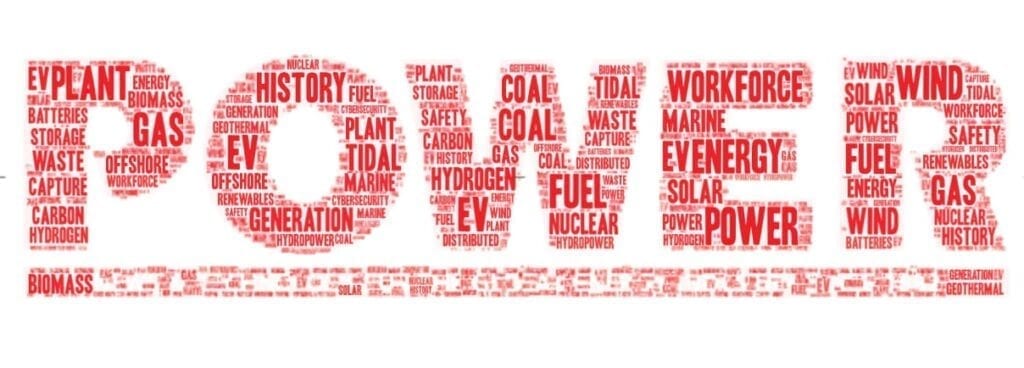Fresh on the heels of its decision to finally move ahead with the long-anticipated retirements of the Quad Cities and Clinton nuclear plants in Illinois, Exelon officials told an Iowa newspaper that its Byron and Three Mile Island (TMI) plants face the same challenges and could be forced into retirement without changes to markets and regulatory structures to help keep them economic.
In an interview with the Quad City Times, Exelon spokesman Bill Stoermer noted, “This is an issue not just for Exelon and not just Illinois, but across the country.” Low natural gas prices and renewable subsidies are depressing power prices, he said, and as a result, “Three Mile Island and Byron could be the next two plants in the fleet to be discussed as ‘economically challenged.’”
No Surprise for Byron, TMI
This is far from the first time Exelon has issued warnings about the two plants. Both have shown up repeatedly on lists of economically challenged nuclear plants, though Byron has been viewed as more at risk than TMI. But TMI is facing growing competition in the PJM market from a wave of new gas-fired plants in the area, which benefit from depressed natural gas prices in the Marcellus region.
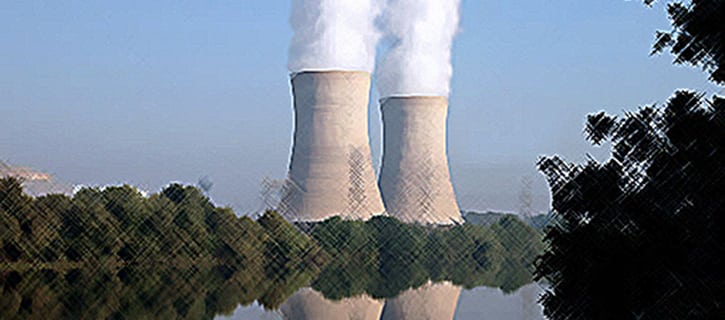
Byron should stay open at least through May 2020, as a portion of its generation cleared the 2019-2020 PJM capacity auction in May. TMI (along with Quad Cities), however, did not. At the time, President and CEO Chris Crane warned, “The capacity market alone can’t preserve zero-carbon emitting nuclear plants that are facing the lowest wholesale energy prices in 15 years.”
Exelon, which still runs the nation’s largest nuclear fleet, has now slated three of its plants for retirement: Oyster Creek in New Jersey, Clinton, and Quad Cities—all for economic reasons. Another, R.E. Ginna in New York, is struggling to stay afloat with a special rate support agreement that expires in March 2017. Though Exelon has not stated its intentions for Ginna, it noted when the agreement was negotiated that the plant was losing tens of millions of dollars a year and could not continue operating without increased revenue.
80 Years for Peach Bottom?
A rare bright spot for the company’s fleet came on June 6 when Exelon said it would ask the Nuclear Regulatory Commission (NRC) for a second 20-year license extension for its Peach Bottom plant in Delta, Penn. Only one other plant owner, Dominion, is publicly planning such a move, which would license the plants for 80 years of operation. Dominion announced last November that it would seek a second extension for its two-unit Surry plant in Virginia. The NRC has since released guidelines for generators considering second license renewals, though the idea remains controversial and is sure to generate extended debate.
—Thomas W. Overton, JD is a POWER associate editor (@thomas_overton, @POWERmagazine).


